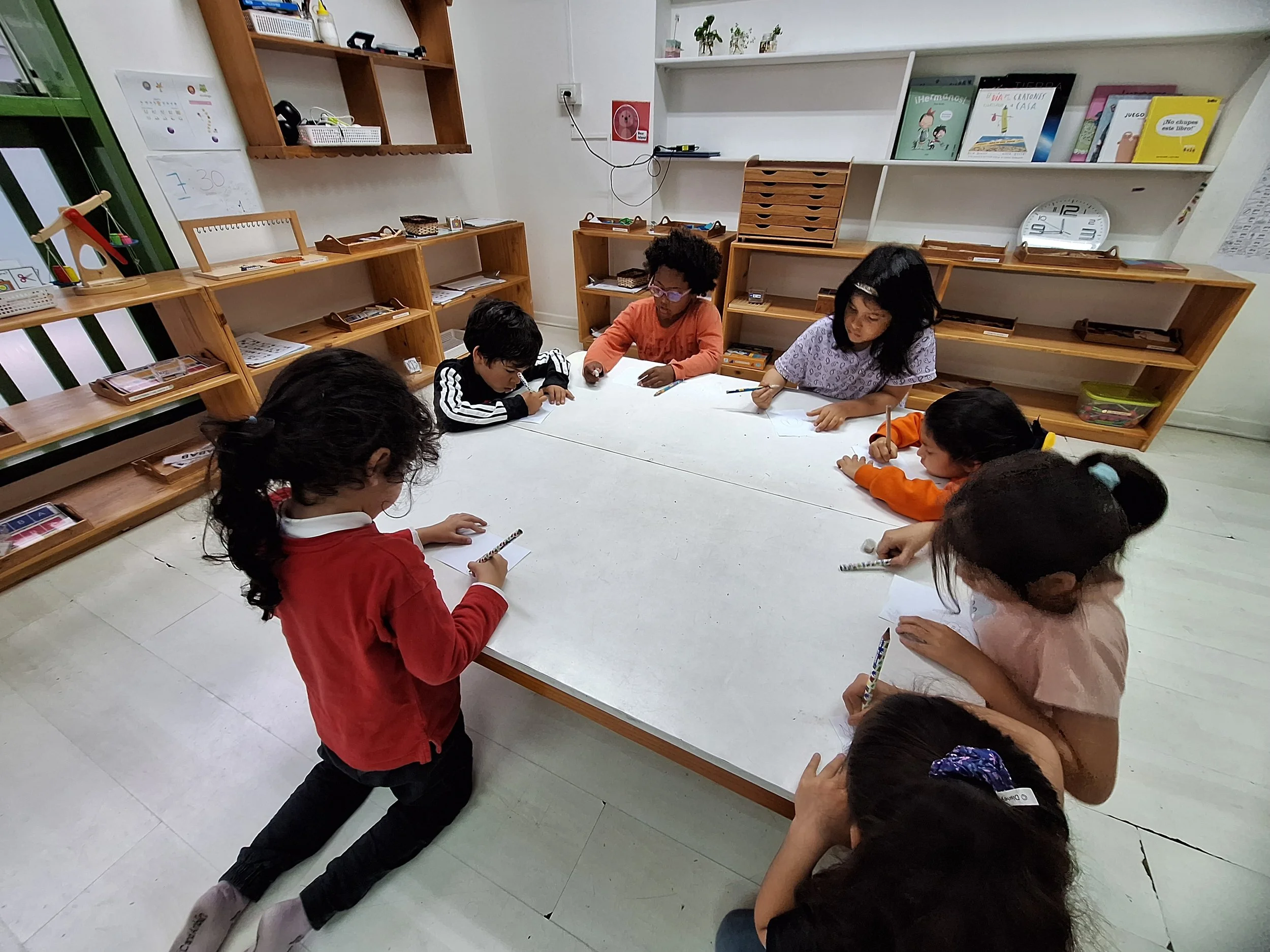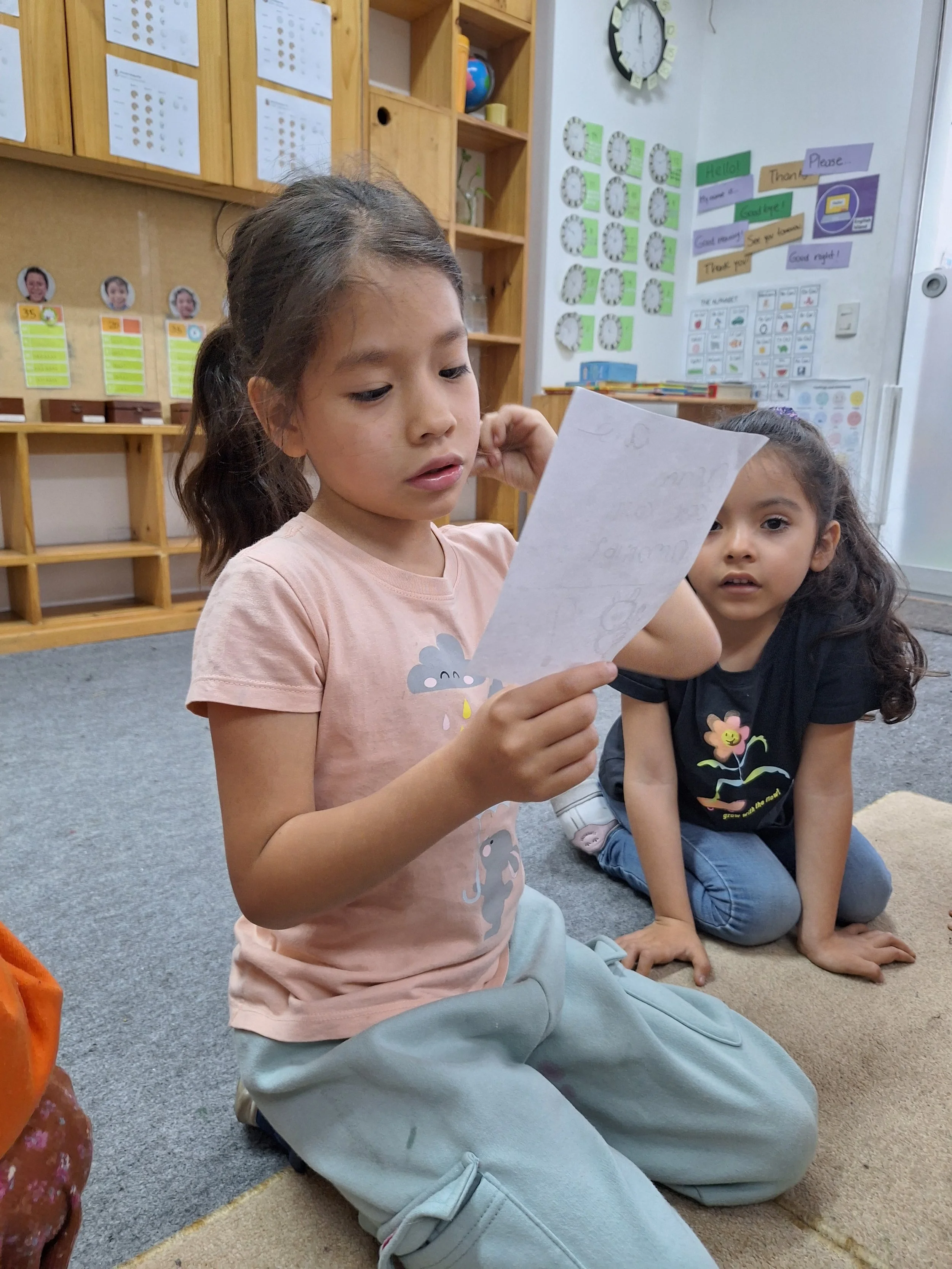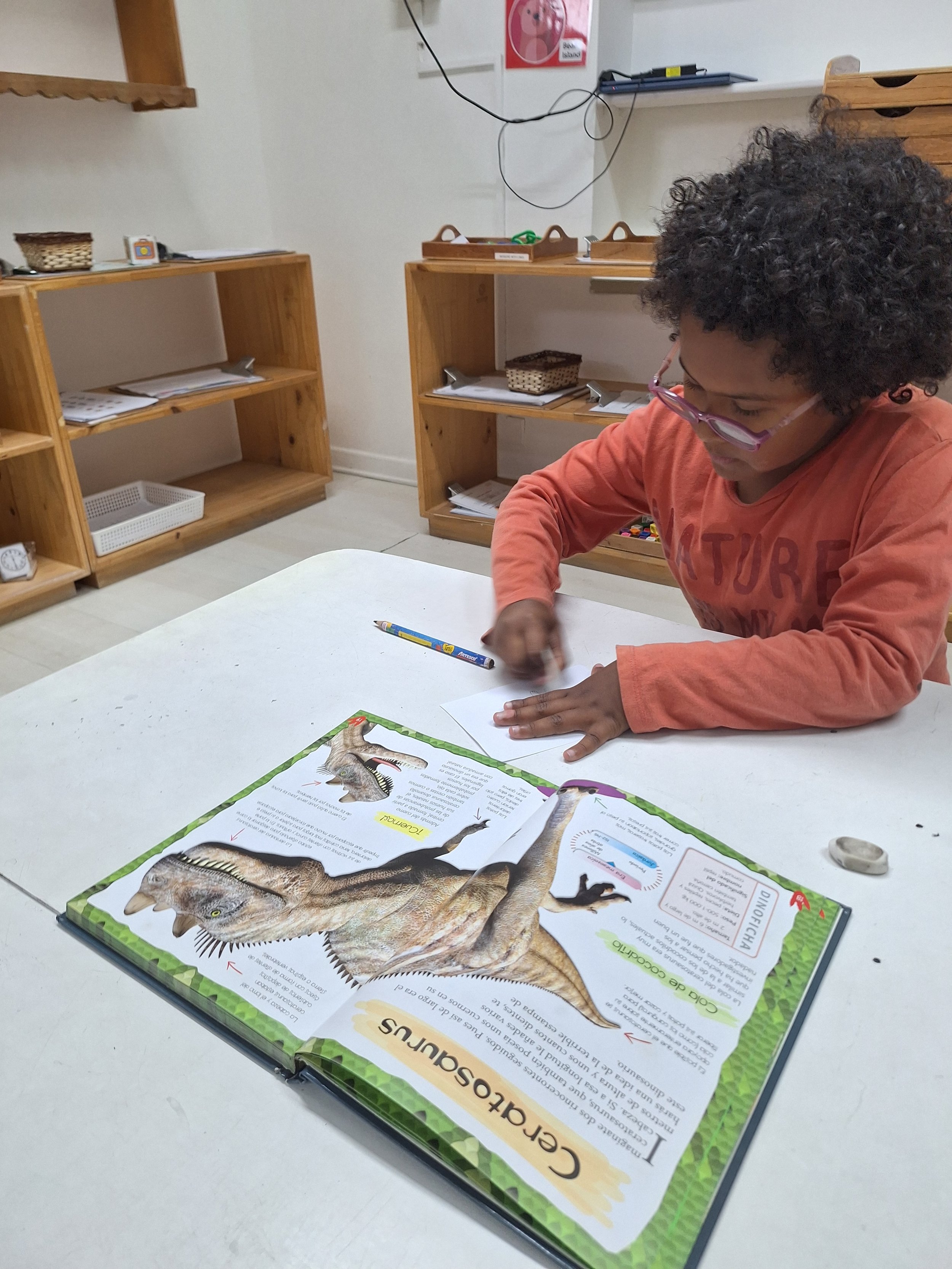By Rosa Torres
As part of our natural desire to know, understand, or figure out something new—or to make sense of a particular phenomenon—curiosity comes up as a key word. It can be “cultivated” and can grow over time. This word—curiosity—has a real impact on how we learn and how we remember what we’ve learned, whether it’s in school, at home, or out in the community. Curiosity is something that’s often seen as innate in childhood—it leads to questions, wonder, and that spark of excitement when something suddenly makes sense. Yet, as adults, we’re also invited to keep observing and, above all, to let ourselves be amazed by the things that spark our curiosity.
This seventh session of the year is a special one, as the Sparks are wrapping up the year with the Quest Growing Curiosity. It’s a chance for each Puma to propose a topic for the whole tribe to investigate—asking questions, forming hypotheses, exploring possible explanations, and drawing conclusions (or new questions!) that can keep their investigations going.
After presenting the launch on curiosity—imagining, thinking, and proposing a topic to explore (and illustrating it)—the Sparks came up with their own questions, which I’m happy to share below:
“Do flies have eyes? What kind? What do they look like?”
“How big are the stars?”
“Why are there big pizzas and small pizzas? What are all the pizza flavors in the world?”
“Dinosaurs: How do we really know they went extinct? Did they roar loudly? Did they run fast? Did they fight with other dinosaurs?”
“Do we know all the insects that exist in the world? I want to learn about unknown insects, like a yellow one I saw and don’t know the name of.”
“How is the human body connected? How does the stomach connect to the brain or the blood?”
Once the questions were shared, we began organizing the topics and grouping them by common interests as a tribe. Each Quest day will focus on investigating one of these questions. That means: watching videos, reading books or encyclopedias, engaging in hands-on experiences through play and joy, forming hypotheses, expressing ideas through artistic or scientific languages, observing, listening, and sharing ideas with one another.
What discoveries will the Sparks make this season? We’ll find out together!
From my perspective, I wanted to share this experience here because I truly believe curiosity not only drives learning—it also builds independence and confidence in each Puma’s own ideas. When we practice full, active listening to their questions, we send the message that their voices matter and that their thinking is a powerful tool for understanding the world. In this process, my role as a guide is to accompany, spark reflection, and open new possibilities for exploration.
In the coming weeks, I hope each investigation becomes a meaningful experience—one where surprise and discovery are part of the journey. Beyond the results, what really matters is the path each Spark takes as they inquire, create, and share with others. In this way, the Growing Curiosity Quest becomes a celebration of the desire to learn, of living thought, and of our wonderful human ability to be amazed.



